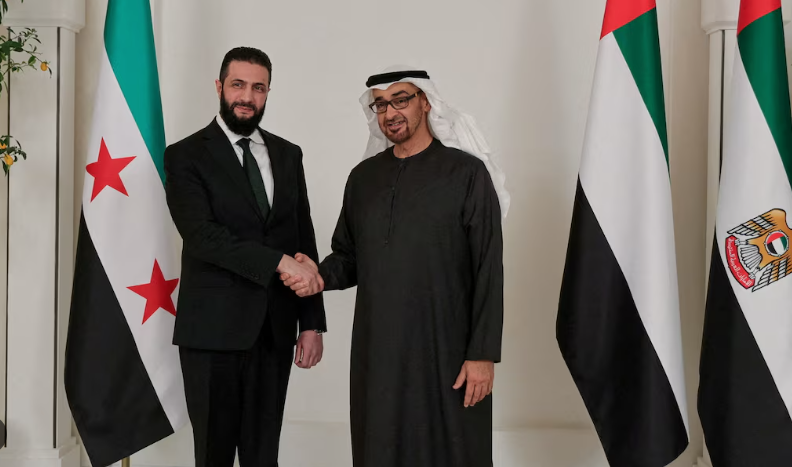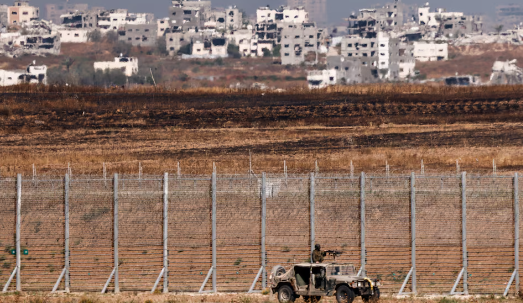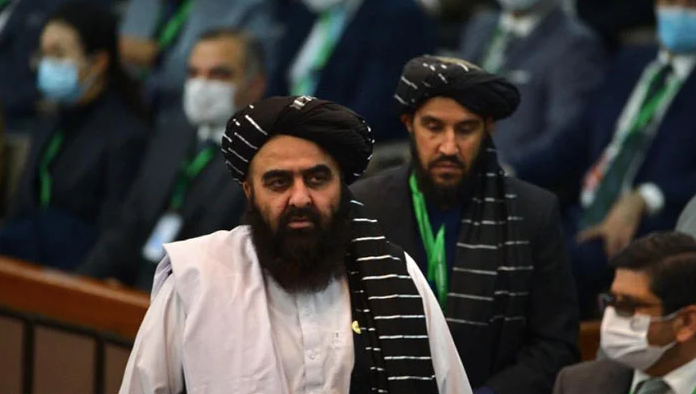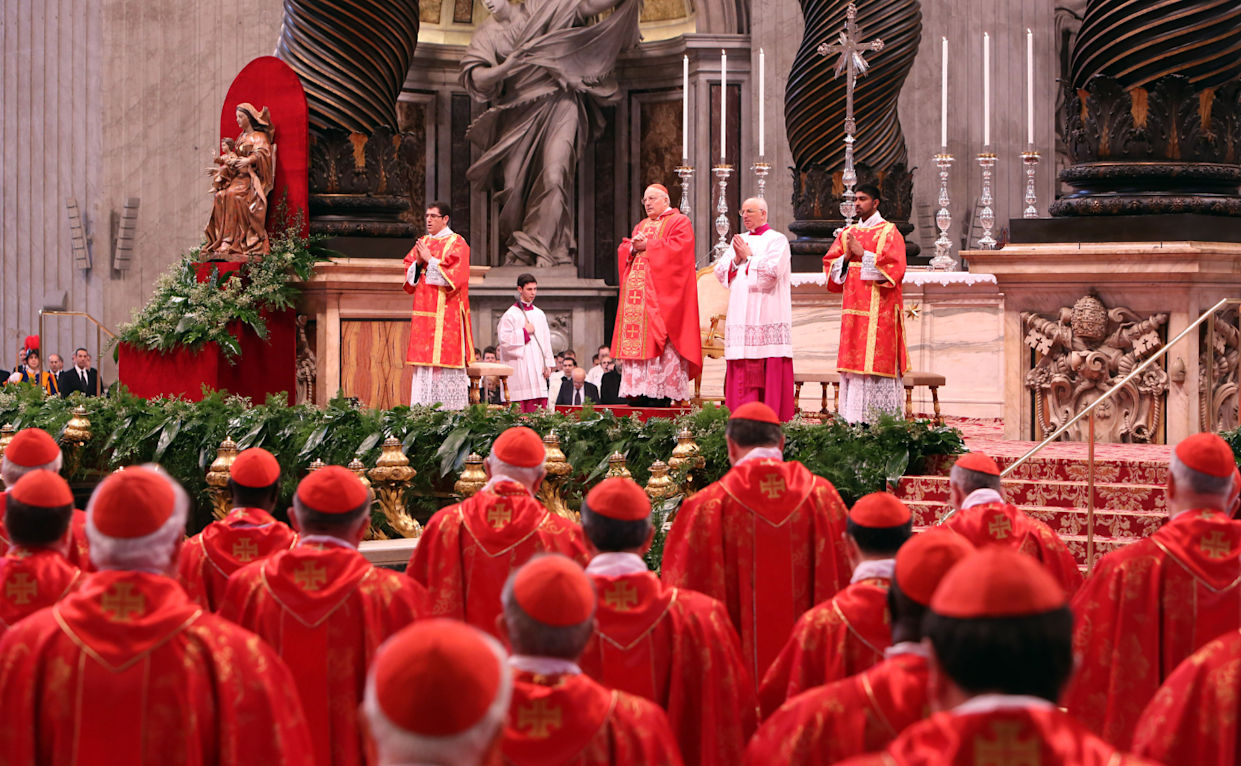WORLD NEWS

The United Arab Emirates has facilitated a backchannel for indirect talks between Israel and Syria, officials familiar with the matter confirmed. The talks, which have not been previously disclosed, are primarily focused on security and intelligence matters, serving as a mechanism for confidence-building between two nations with no formal diplomatic relations.
The effort began shortly after Syrian President Ahmed Sharaa visited the UAE on April 13, marking a key step in Syria's efforts to re-engage with regional powers following years of isolation. According to a source with direct knowledge of the talks, the initial discussions are centered on technical matters, specifically counterterrorism, and are not intended to cover military actions or broader political concerns.
While the official focus remains on security issues, the possibility of expanding discussions to broader topics remains open. According to sources, UAE and Syrian intelligence officials, along with former Israeli intelligence personnel, have been involved in the discussions.
🔹 Security Matters Amid Rising Tensions
The backchannel emerged amid a backdrop of rising tensions between Israel and Syria. Last week, Israeli airstrikes targeted Syrian positions, including one strike just 500 meters from the presidential palace in Damascus. Israel framed the attacks as a message in response to threats to Syria’s Druze population—a religious minority with followers in Syria, Lebanon, and Israel.
Syria condemned the Israeli strikes, calling them escalatory and accusing them of foreign interference. Despite this, Syria’s government has repeatedly sought to reassure Israel that its new leadership poses no threat to the country. Notably, Syrian officials have made efforts to engage with representatives of the Jewish community in both Syria and abroad. Furthermore, Syria recently detained two senior members of Palestinian Islamic Jihad, a group involved in the October 7, 2023 Hamas-led attack on Israel, signaling Damascus' intent to limit threats from groups hostile to Israel.
🔹 Regional Diplomacy in Motion
The UAE, which established diplomatic ties with Israel in 2020 under the U.S.-brokered Abraham Accords, has become a key player in facilitating dialogue between the two countries. The UAE’s role in this backchannel dialogue reflects its growing influence as a diplomatic intermediary in the region.
According to sources, President Sheikh Mohammed bin Zayed Al Nahyan of the UAE held a lengthy meeting with President Sharaa last month, a meeting that reportedly went well and helped assuage some concerns in Abu Dhabi about Syria’s Islamist leadership. The subsequent establishment of the backchannel was seen as a natural extension of the UAE’s efforts to stabilize the region and foster diplomatic connections between formerly adversarial states.
Despite the relatively low-key nature of these backchannel talks, they represent a significant shift in regional diplomacy. With Israel and Syria having no official relations, the UAE’s role as a mediator offers both countries a rare opportunity to engage indirectly on issues of mutual concern, particularly security and intelligence.
🔹 Challenges and Prospects for Dialogue
Despite these diplomatic efforts, challenges remain for Syria’s new leadership. The country has been grappling with sectarian violence, including clashes in the Druze-majority region of Suweida, which recently resulted in more than two dozen deaths. These tensions were sparked by a voice recording purportedly insulting the Prophet Muhammad, further complicating the political landscape in Syria.
The fighting in Suweida has raised fears among Syria’s minority groups, particularly the Alawites, who were previously loyal to the Assad regime but have become increasingly wary of the rising influence of Islamist factions. In response, Syria’s government has worked to stabilize the situation by recruiting local security forces from the Druze community, an effort that has helped calm tensions for the time being.
🔹 The UAE’s Role in Regional Stability
The UAE’s diplomatic efforts with Israel and Syria underscore its increasing role in regional conflict resolution. While the UAE’s concerns about Syria’s Islamist leadership persist, the country has demonstrated a pragmatic approach in engaging Damascus and fostering dialogue with Israel.
For Israel, the UAE-backed talks offer a chance to address security concerns in Syria, where Israeli strikes have been a routine element of its shadow campaign to weaken Iranian and Hezbollah influence. The UAE’s involvement may also help ensure that any future peace-building efforts between Israel and Syria are rooted in security cooperation.
As Syria seeks to recover from years of civil war, the outcome of these backchannel talks remains uncertain. While the focus has thus far been on security, the UAE’s mediation efforts could pave the way for future discussions on broader issues, including regional stability and Syria’s reintegration into the Arab world.




